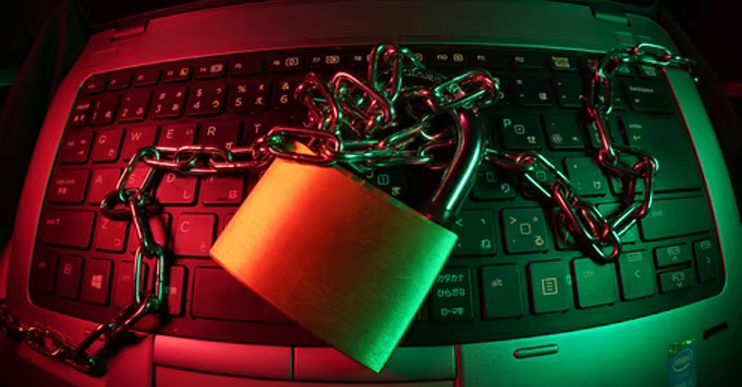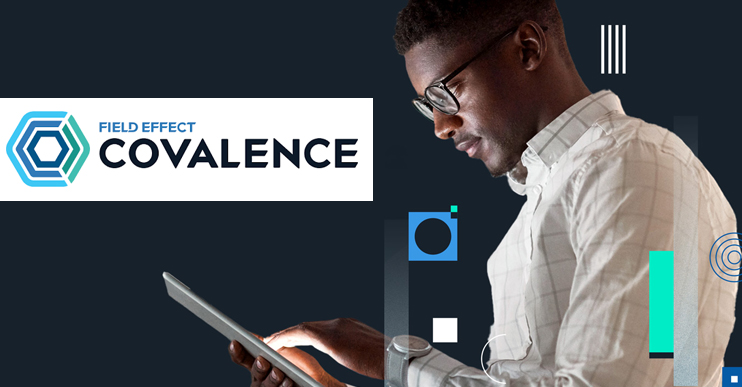October is Cybersecurity Month here at WW Works.
Cyber Security Awareness Month is an internationally recognized campaign held each October.
With all of the changes of the last year and half, we are using our devices and computers more than ever. Whether we are working and conducting business, or spending time online with our friends and families, we are interacting with our computers and connecting to the internet – and this can come with some risk if we aren’t prepared.
In an effort to help our clients and communities, we want to help you better protect your devices, accounts and connections so that you can surf safely.
Here’s the first part of our month-long series to help you stay safe while you are online.
1 Regularly train employees on up-to-date security principles
These principles include using strong passwords and showing employees how to detect spam mail and are often underestimated in their importance. Employees who are uneducated on appropriate cybersecurity practices leave organizations vulnerable to a cyberattack.
2 Consistently backup your data
Your data is very valuable. It is imperative that your organization takes a proactive approach to cybersecurity, making sure to consistently back up your data. In the case of data theft, your organization’s data will be secured.
3 Remain up to date with new software
Outdated applications and software creates a vulnerability for cyberattackers to gain access into your organization. Ensure you remain up to date with the latest and advise your employees to do the same on their personal devices.
4 Train employees on password security
Strong passwords is one simple yet effective way to improve security. Talk to your employees on the elements of a strong password such as using a variety of capital and lowercase letters, numbers, and symbols, and refraining from using words that resonate with them in a personal capacity. Employees can also use a password management system to store their passwords so they do not have to remember several complex jumbles. Employees should also avoid storing their passwords in an easy-to-access spot such as in their computer notepad.
5 Use Virtual Private Networks (VPNs)
Using a VPN allows your employees to gain private, secure access while working out of the office and in public spaces. VPNs are a strong defense against cyberattacks as they encrypt your data, essentially making it unreadable to an outside party. With the work landscape changing dramatically, VPNs have become an essential component to a well-protected organization. To learn about VPNs in greater detail, visit https://us.norton.com/internetsecurity-privacy-what-is-a-vpn.html
6 Use antivirus software
The risk of a virus continues to increase each year. That said, antivirus software should be installed on both work devices, as well as employees’ personal devices that are being used for work purposes. This software will prevent, scan, detect, and delete viruses from a device. Antivirus software must consistently be updated to ensure you are receiving the most comprehensive solutions and avoiding vulnerabilities. Make sure you are aware if these updates happen automatically or must be done manually so you do not fall behind.
7 Establish comprehensive security protocol
It is very important that you identify all the solutions your organization will pursue to uphold the most effective cybersecurity possible. It is recommended that you consult a security professional or find a reliable online tool to help you in this process. If you will be overseeing cybersecurity on your own without external help, it is important to identify things like how frequently you will perform backups, which information requires extra encryption, and who should have access to sensitive files. Once this protocol has been developed, it is important that you remain loyal to the duties and continuously revisit to stay up to date with evolving internal and external needs.
8 Encrypt your data
Encryption is the practice of securing your data so that people can only access it through a password or security key. Data encryption is especially important for sensitive information that is transmitted via the internet and helps to ensure that only people who are meant to gain access to data will do so (although no security measure can provide a 100% protection guarantee). For more information about data encryption, visit https://digitalguardian.com/blog/what-data-encryption for a thorough review.
———-






